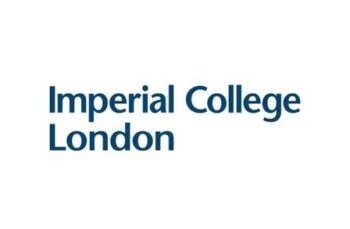Next-generation vaccines to prevent AMR
To limit the spread of AMR pathogens, preventing illnesses is a key part of our strategy. Our technology involves use of patient-derived antibodies to identify potential vaccine antigens.
Antigens identified via this route are already known to be functionally-immunogenic in humans. Also, another huge benefit is the the potential created for the generation of chimeric multi-epitope variants.
Technology:
Microorganisms:
Application:
Development stage:
- Infection prevention
- Antimicrobial stewardship
- Microbial diagnostics
- Antimicrobial compound/strategy
- Removal antibiotics/bacteria
Microorganisms:
- Bacteria
- Viruses
- Fungi
- Yeasts
- Parasites
Application:
- Human
- Veterinary
- AgriFood
- Environmental
- Other
Development stage:
- Research
- Development
- Validation
- Market entry
- Marketed product
Organization:
Partnering:
Funding organisation:
Infectious disease area:
Geographic origin:
- Academia
- Company
- Institute
- NGO
- Government
Partnering:
- Co-develop
- License
- Outsource
- Joint Venture
- Sell
Funding organisation:
- CARB-X
- FIND
- GARDP
- REPAIR
- OTHER / NA
Infectious disease area:
- UTI
- STI
- RTI
- BSI
- GII
- SSTI
- CNSI
- IAI
- SSI
Geographic origin:
- Eurasia
- North America
- South America
- Africa
- Oceania
N.A.
Imperial College London is a world top ten university renowned for its excellent teaching and research. Rated highly globally, Imperial strives to cultivate the next generation of scholars, scientists and teachers through interdisciplinary collaboration. Situated in London, the college is an environment for education, research, translating and commercializing scientific discoveries to address global problems.
NA
What is going on with AMR?
Stay tuned with remarkable global AMR news and developments!

